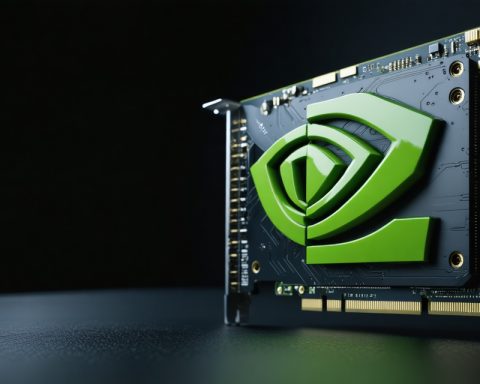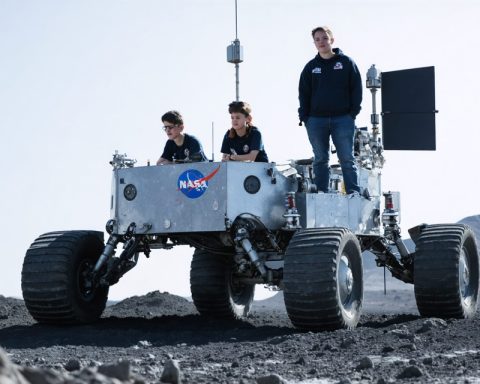Elon Musk, known for his revolutionary work with Tesla and SpaceX, is currently dedicating a significant portion of his energy to supporting former President Donald Trump. Recent discussions among political analysts highlight Musk’s emerging role as a prominent advocate for Trump’s campaign, examining the motivations behind his fervent involvement.
At a rally in Butler, Pennsylvania, Trump not only called attention to his usual political themes but also emphasized Musk’s contributions to American industry. This marked a notable moment for Musk, who appears to be leveraging his influence to galvanize support for Trump.
Musk’s recent actions include substantial financial contributions to Trump’s political efforts and active promotion of various narratives on social media platforms. Observers note that this alliance could potentially reshape the landscape of Trump’s presidential aspirations.
During the rally, Musk urged attendees to prioritize voting in the upcoming election, presenting a stark contrast to the skepticism that characterized previous electoral cycles. His call to action resonated with the audience, blending themes of patriotism and urgency.
By intertwining his technological legacy with political activism, Musk aims to energize the base and enhance Trump’s visibility among potential voters. As analysts continue to dissect this partnership, questions arise about the implications for both Musk’s career and Trump’s bid for the White House.
Elon Musk’s New Political Focus: Support for Trump
In recent months, Elon Musk has shifted his political alignment to explicitly support former President Donald Trump, marking a significant turn in his public persona. While his endorsement has sparked numerous discussions across various media platforms, several key questions arise that delve deeper into this political pivot.
What factors have influenced Musk’s decision to align with Trump?
Musk’s growing support for Trump appears to be driven by several motivations, including a desire to influence policy regarding technology and regulation. The tech entrepreneur has expressed concerns over government oversight and the potential stifling of innovation, areas where he believes a Trump presidency would provide a more favorable environment.
What are the key challenges and controversies surrounding Musk’s support for Trump?
Musk’s endorsement of Trump has not come without backlash. Critics argue that Musk, who has often positioned himself as a progressive voice in matters of climate and technology, is now aligning himself with a figure whose policies often contradict these values. The controversy surrounding Trump’s views on climate change and his historical rollbacks of environmental regulations present a significant challenge for Musk, leading to accusations of hypocrisy. Additionally, Musk’s earlier strong advocacy for social and racial justice puts him at odds with many who view Trump’s policies as regressive.
What are the advantages of Musk’s political involvement?
From a strategic standpoint, Musk’s influence and resources could significantly bolster Trump’s campaign. His deep connections in the Silicon Valley sphere could attract key players in tech to support conservative policies, potentially reshaping the Republican platform to better incorporate technology-driven solutions. Furthermore, Musk’s support may energize younger voters who view technology as integral to their future, increasing Trump’s appeal across demographics.
What are the disadvantages or risks of this new alliance?
However, aligning with Trump poses risks for Musk far beyond public perception. Should Trump’s political endeavors backfire or lead to further division within the Republican Party, Musk’s reputation may suffer as a result. The association could alienate a portion of Musk’s customer base that values progressive policies on climate change and social issues. Additionally, Musk’s vocal support may overshadow the innovative initiatives of his companies, casting a shadow over their reputations in the eyes of the public and potential investors.
What are the broader implications for the tech industry and political landscape?
Musk’s support for Trump can be seen as indicative of a larger trend where influential tech figures begin to involve themselves directly in political matters. This shift could lead to more significant engagements between the tech industry and political campaigns, altering how technology policies are shaped in coming years. If successful, it might signal a new era of ‘corporate campaigning’ where business leaders actively promote and support candidates who align with their interests.
To explore more about this topic and the evolving influence of business leaders in politics, visit Forbes and Politico.









